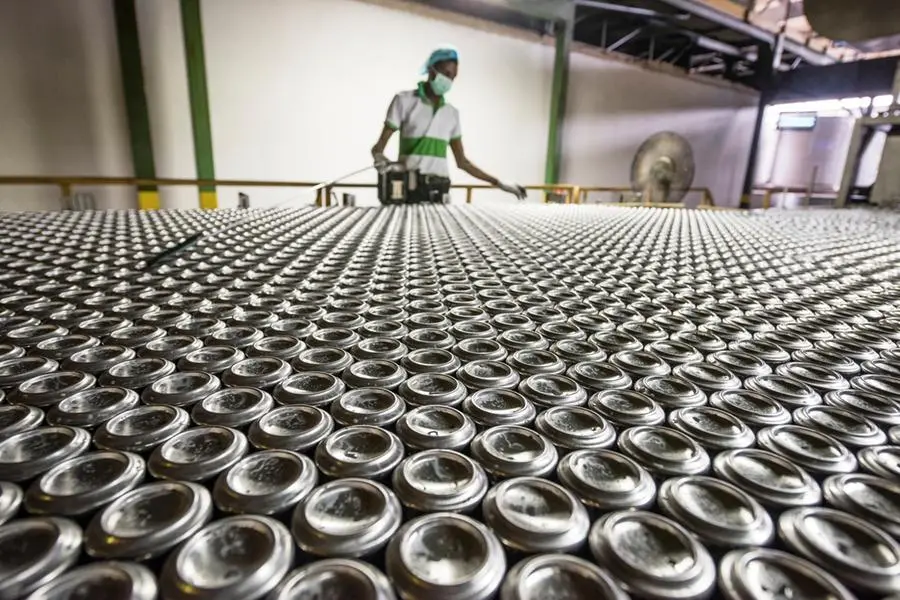PHOTO
TARGETING the implementation of social protection for the benefit of workers and the generality of the citizens Nigeria, the International Labour Organisation (ILO) has reiterated its commitment to support the Nigerian government with the required tools towards ensuring the implementation of various social protection programmes across the country.
The ILO said this through its Country Director, Vanessa Phala, who was represented by Ms. Inviolata Chinyangarara, at the opening session of a three-day workshop on social protection it organised to equip the National Bureau of Statistics and relevant stakeholders in Nigeria with requisite knowledge and skills needed to fast track the implementation processes.
Speaking to journalists at the sideline of the workshop, Chinyangarara said, “As the ILO, we are supporting Nigeria to implement the decent work country programme. We are also enhancing the capacities of the relevant ministries, departments and agencies to re-enforce their effort to make social protection for workers and citizens a reality.
Related PostsChild labour: What the latest report reveals about the menace in NigeriaNigeria’s Marketing communication shows prospectsNigeria’s insurance industry continues to grow despite economic situation —Thomas
“As part of our support also, we are looking at households that are vulnerable to child labour and how we can use innovative ways to cushion the effect through social protection health insurance.
“So, in practical terms, we are providing the stakeholders with technical tools that they need to apply to make sure that social protection is a reality. Tools such are ILO relevant Conventions on social protection, policies and also exposing them best practices on how it has been implemented elsewhere.”
On Nigeria government’s efforts so far, she said: “I think Nigeria is already in the process of making social protection a reality for Nigerians. It is a challenge and not something that can be achieved within a short pace of time because the world of worker and the labour market is evolving. Nigeria has already signed up a decent work country programme. It is the third generation covering 2023 and it will expire in 2027. And within that decent work country programme, they have prioritised areas around social protection.”
Earlier in her opening remarks, the ILO Country Director, said, “The International Labour Organisation is intensifying its action on policies to promote social protection programmes, particularly social security, mainly through social insurance and active labour market programmes.”
She further said: “In Nigeria, the ILO has supported the government in several social protection programmes working with most of you here in this training and at the subnational levels in the implementation of the following: The ILO supported the costing, prioritisation and fiscal space for social protection policy in 2022. The cost for a total of 19 social protection policies across four categories were assessed using the RAP model and capacity provided to the Ministry of Finance and Budget and National Planning to utilise the tool and adjust any three parameters per the policy described in the RAP model to obtain different costs scenarios.”
“The ILO supported the advocacy for the approval of the National Health Insurance Authority Act 2022. This law makes health insurance mandatory for all Nigerians. ILO supported the operationalisation of the Sokoto State Healthcare Management Authority (SOCHEMA) and Kaduna State Government on Open MIS for the Kaduna State Contributory Healthcare Management Authority.
“ILO supported the process for the interoperability of the National Social Register with other registers (databases) in the country. The ILO supported the drafting of the National Social Protection bill through the provision of technical and capacity building support to the Legal drafting team and several capacity building sessions.
“ILO has supported some aspects of social protection at the policy, programme design and implementation levels in Nigeria. Currently, it is collaborating with donors, USDOL and the Government of the Netherlands to extend social protection (health insurance) to individuals who are at risk of child labour and forced in Ondo, Osun and Niger states.”
Also, she noted that the key outputs of the projects are training and capacity of social protection institutions. “The ILO is organizing this training for a common understanding on the concept, theories and trends on social protection; to have common understanding of coverage and adequacy of social protection and a common understanding of social protection statistics. I envisage that, at the end we will have a coordination platform for knowledge sharing and application,” she added.
Copyright © 2022 Nigerian Tribune Provided by SyndiGate Media Inc. (Syndigate.info).




















